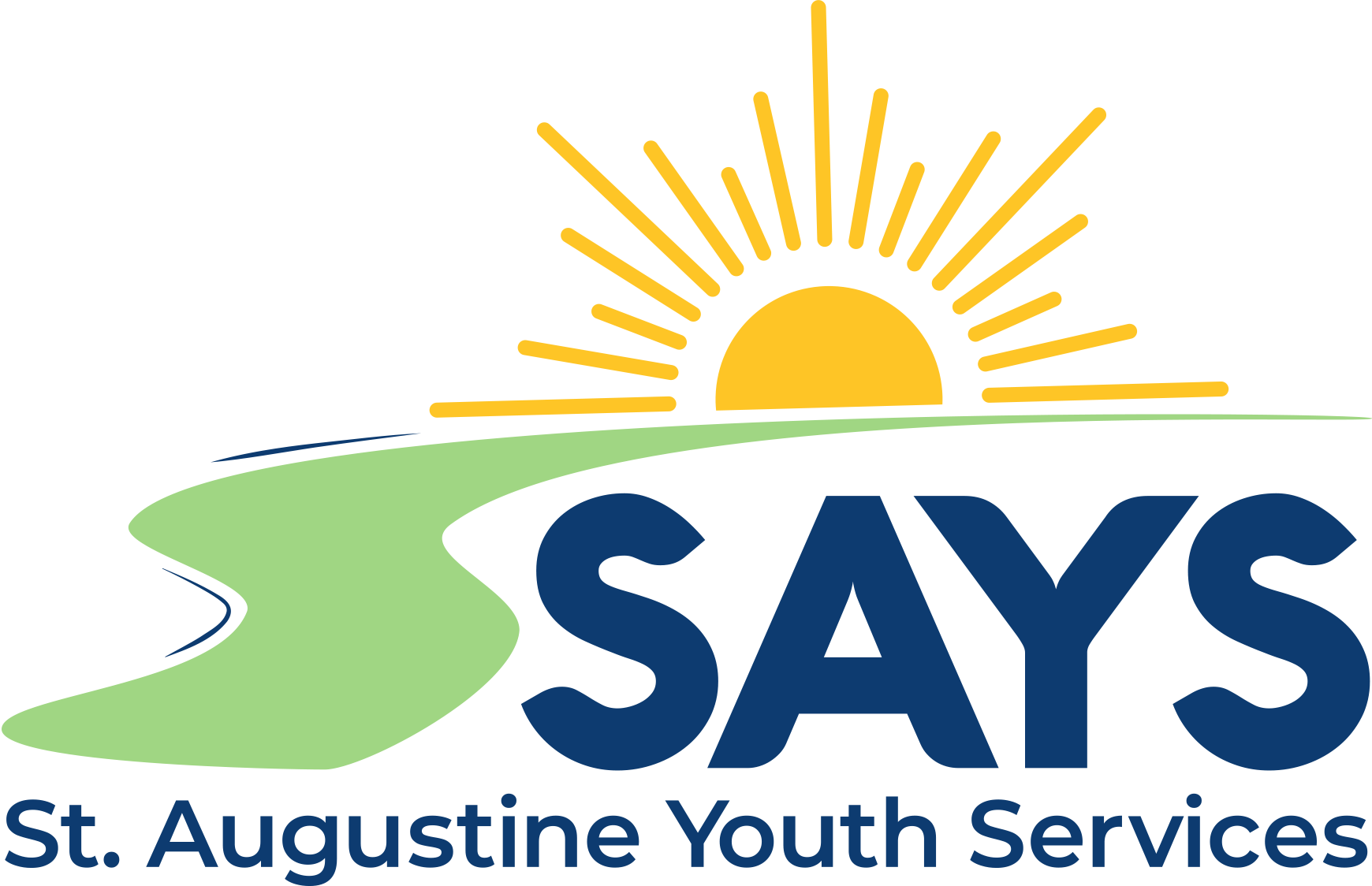Guide to Youth Substance Abuse: Understanding, Prevention, and Support
Introduction:
As part of our commitment to creating a healthier and safer community, this guide aims to provide you with essential information about youth substance abuse. Substance abuse among young people is a significant concern, and being informed can help us address this issue more effectively.
Understanding Youth Substance Abuse
Youth substance abuse refers to the misuse of drugs or alcohol by individuals who are under the legal drinking age or engaging in illegal drug use. It is a serious public health issue that can have far-reaching consequences on physical and mental health, academic performance, relationships, and future opportunities.
Risk Factors
Several factors contribute to the risk of youth substance abuse, including:
Peer Pressure: Influence from friends or social circles to experiment with drugs or alcohol.
Mental Health Conditions: Conditions like anxiety, depression, or ADHD can increase vulnerability to substance abuse.
Family History: A family history of substance abuse can elevate the risk for young individuals.
Traumatic Experiences: Youth may turn to substances as a coping mechanism for trauma or stress.
Commonly Abused Substances
Understanding the substances that youth commonly abuse is essential for early detection and intervention. Commonly abused substances include:
Alcohol: The most frequently abused substance among young people due to its availability.
Marijuana: Its increasing legalization may increase access or exposure to marijuana, or normalize its use, which may in turn lead to higher rates of abuse in youth.
Prescription Drugs: Young individuals may misuse prescription medications to get high or cope with stress. Many youth have their first experience with prescription medications in their own homes.
Illicit Drugs: This includes substances like cocaine, heroin, ecstasy, and synthetic drugs.
Impact of Youth Substance Abuse
Youth substance abuse can have severe consequences, including:
Health Issues: Substance abuse can lead to addiction, impaired brain development, and physical health problems.
Academic Problems: Substance abuse may negatively impact school performance and attendance.
Mental Health: Co-occurring mental health disorders often accompany substance abuse.
Risky Behaviors: Impaired judgment under the influence can lead to risky behaviors like unprotected sex or driving under the influence.
Prevention and Support
Prevention and early intervention are crucial in addressing youth substance abuse. Here are some strategies:
Education: Provide age-appropriate substance abuse education to young individuals, parents, and educators.
Healthy Coping Skills: Promote healthy ways to cope with stress and emotions, such as sports, arts, or mindfulness practices.
Parental Involvement: Encourage open communication between parents and their children, fostering trust and support.
Community Programs: Support local initiatives that provide positive recreational activities and safe spaces for youth.
Getting Involved and Creating Awareness
As part of our mailing list, you can actively contribute to addressing youth substance abuse. Here's how you can get involved:
Community Events: Participate in or organize events that raise awareness about substance abuse prevention.
Volunteer: Support organizations that offer counseling, treatment, and prevention programs for youth.
Advocacy: Advocate for policies that prioritize substance abuse prevention and access to treatment.
Conclusion:
Youth substance abuse is a complex issue that requires a collective effort to address effectively. By staying informed and engaged, we can create a supportive environment for young individuals, reducing the risk of substance abuse and its consequences. Thank you for joining our mailing list, and together, let's make a positive impact on the lives of our youth. If you have any questions or need further information, feel free to reach out to us.
For additional information on youth substance use and abuse see our video links and visit the CDC at:
https://search.cdc.gov/search/?query=youth%20substance%20use&dpage=1

